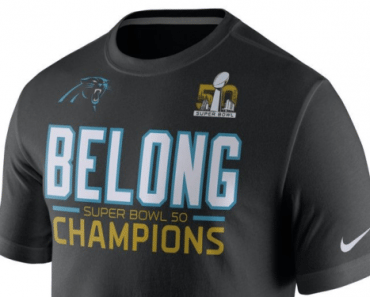
Photo: Getty Images
Microsoft founders Bill Gates and Paul Allen used to say their aim was to “have a PC on every desk”. By all measurable accounts they achieved their dream. PC computers played a major role in integrating digital technology into the mainstream. They are what brought us to the digital age that is so commonplace today.
Mixed Messages from Microsoft
Today’s Microsoft seems to be struggling in delivering their message to consumers. Microsoft’s identity of mass appeal seems is slowly getting lost among new technology. The Microsfot Smartwatch or Surface Mini tablet never made it to market. Some of their existing products like Groove Music or the Band fitness tracker have fallen to the wayside. The company keeps pulling back from various important areas like wearables or media.
It’s hard to envision how Microsoft will continue to remain influential to consumers like it once was. With consumer tech shifting to mobile, voice, and wearables, Microsoft faces an enormous, essentially impossible task. The task to regain a foothold in a new world.
Exceed Expectations
Microsoft recently reported quarterly financial earnings which not only exceeded expectations, but resulted in all-time high stock share price since going public. For reference, the share price for those fortunate enough to obtain Initial Public Offering (IPO) shares was $21 on March 14, 1986.
They have certainly had their failures. Perhaps the most notable during recent years was their attempt to compete in the smartphone market. Another was their futile attempt to enter the portable music market with the Zune. Windows 8 was also considered by many to be a failure. There are countless others, but even if we were to list the top ten or more, Microsoft has always demonstrated an ability to recover.
Leveraging Presence
Microsoft is also leveraging their extensive presence and experience with global datacenters to be a dominant cloud host and service provider. This is yet another departure from their traditional strategy and product offerings.
For now, however, there is little left in Microsoft’s lineup to draw much if any popular attention. It represents a remarkable change from the ideal of a PC on every desktop. Now one is much more likely to find an Android phone in every pocket, or coffee shops or university halls full of Macs. Microsoft instead promises to become the next IBM or Oracle. Profitable? Definitely. Sustainable? Very likely.
Of course, there will be many additional initiatives and most certainly deviations from the plan, but if Microsoft continues to set the bar high enough, they will likely remain a dominant player, even as the technology and market opportunities continue to evolve.









